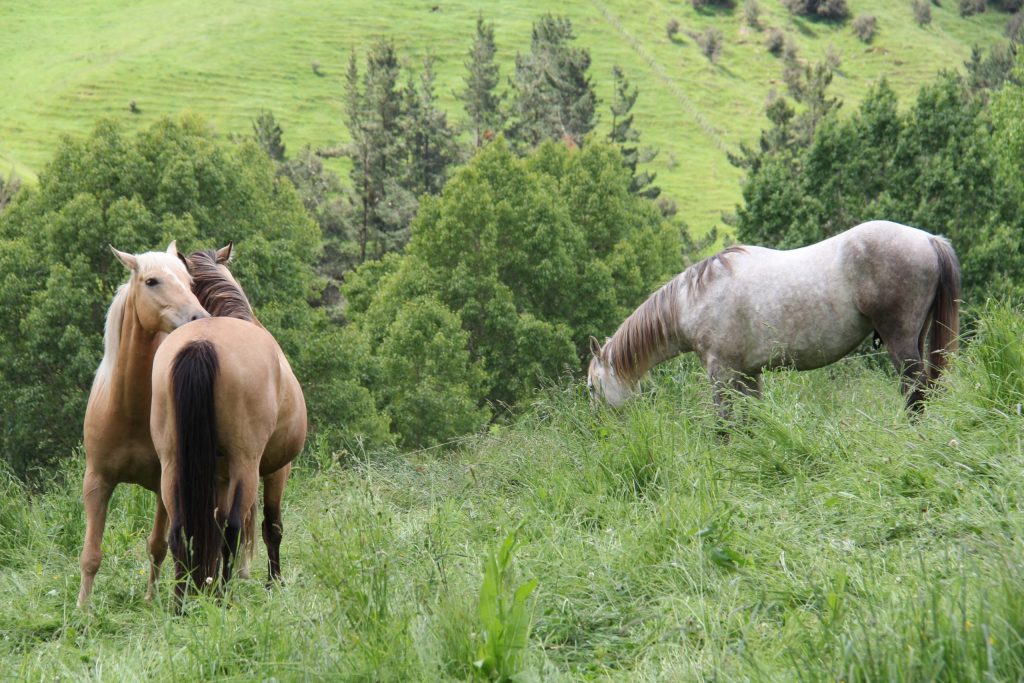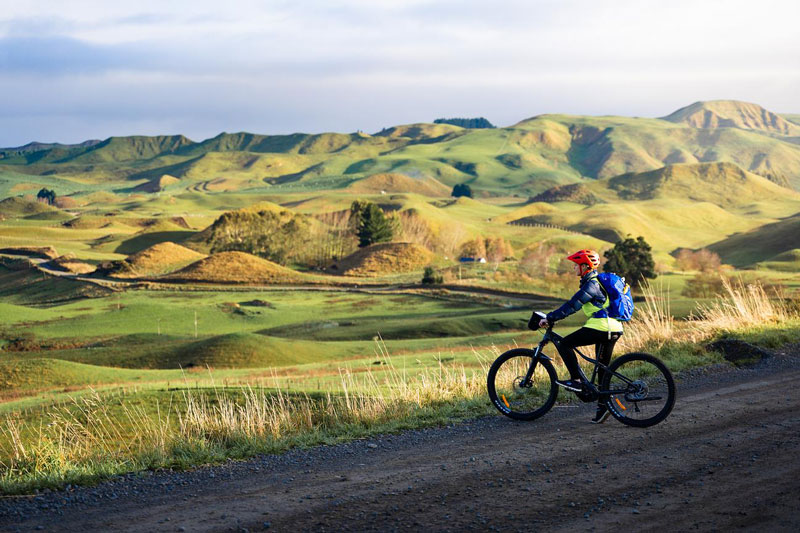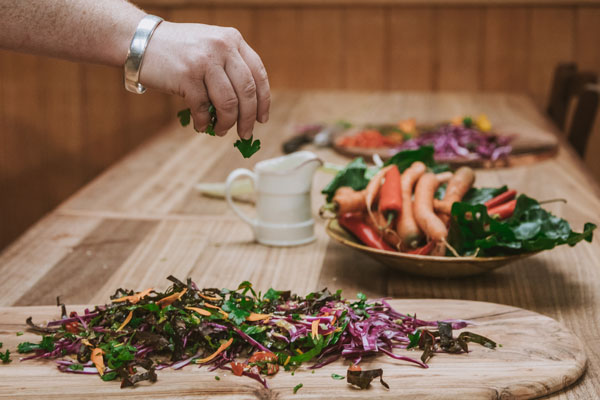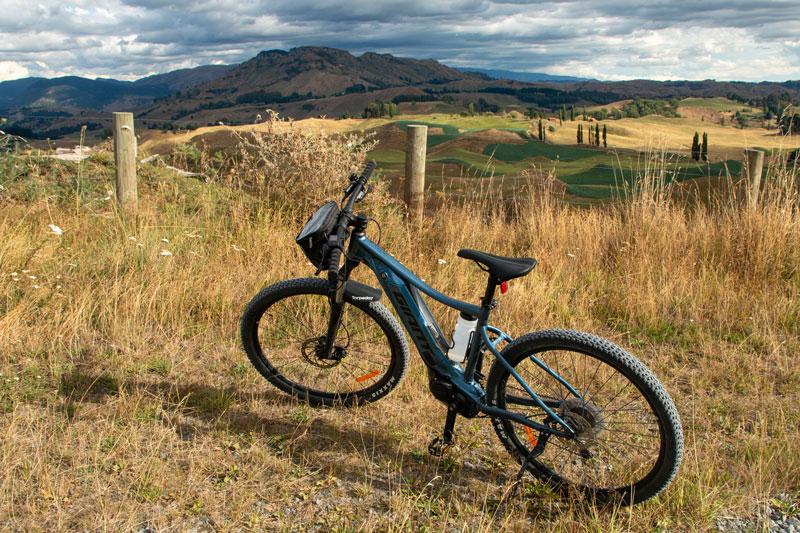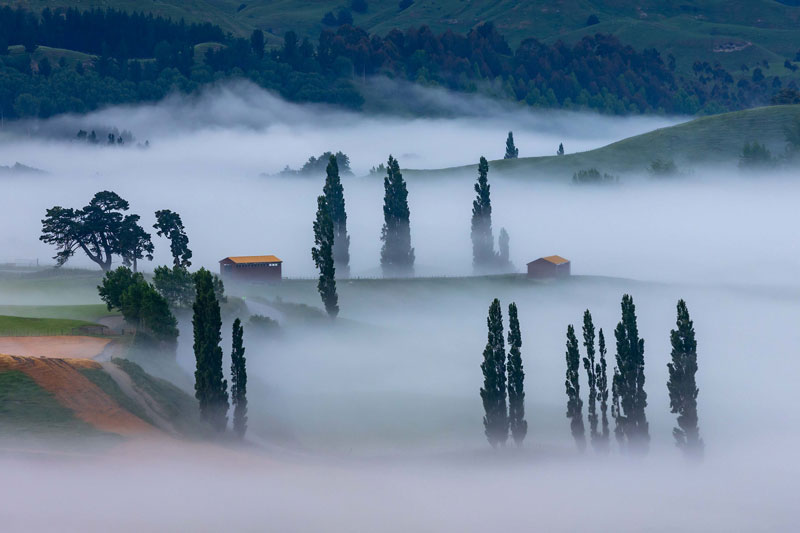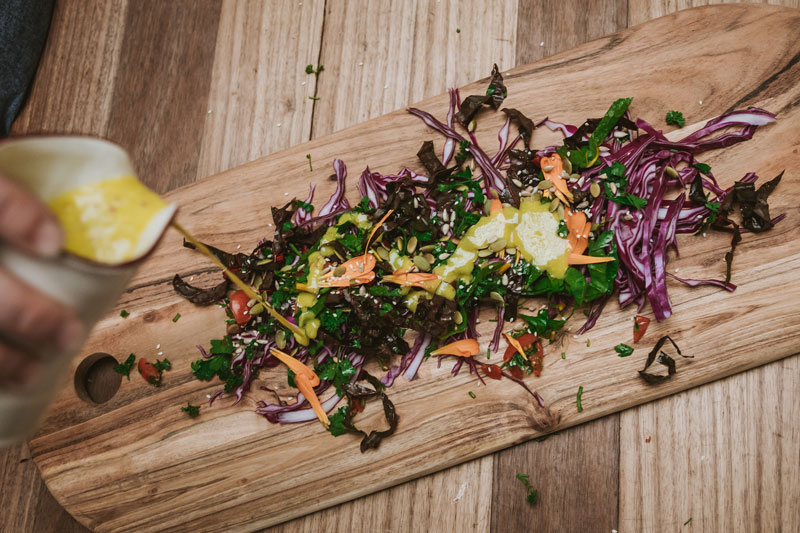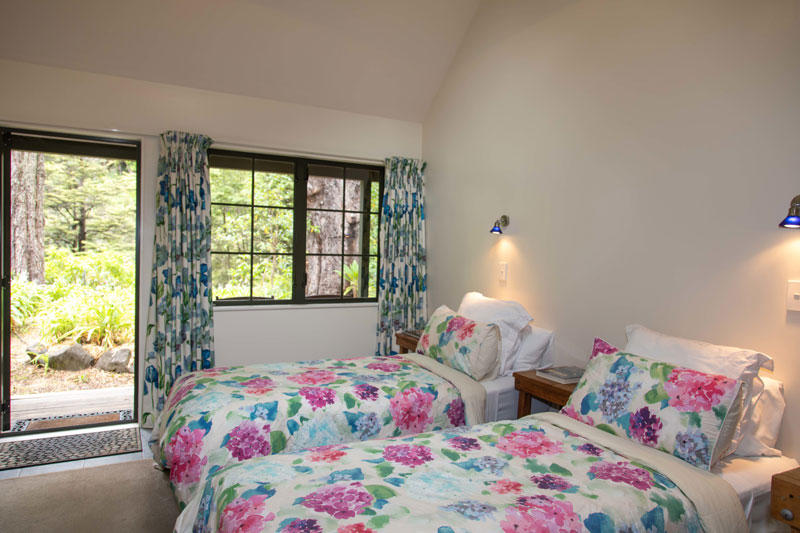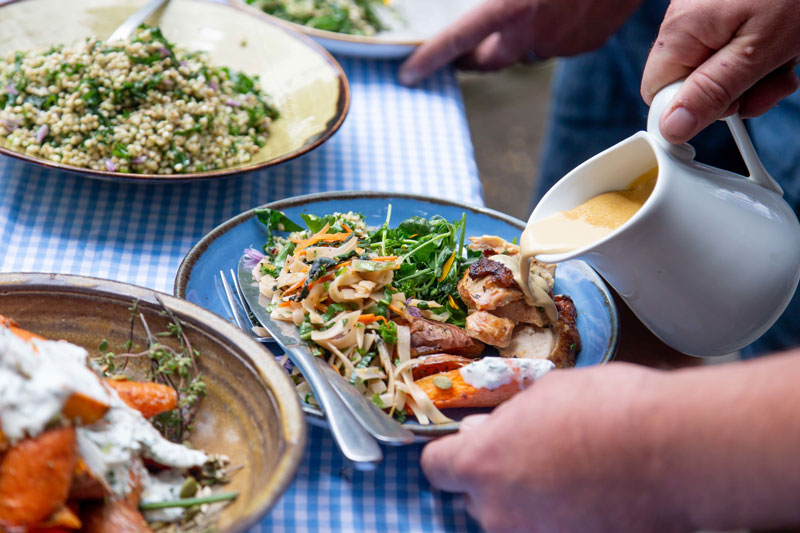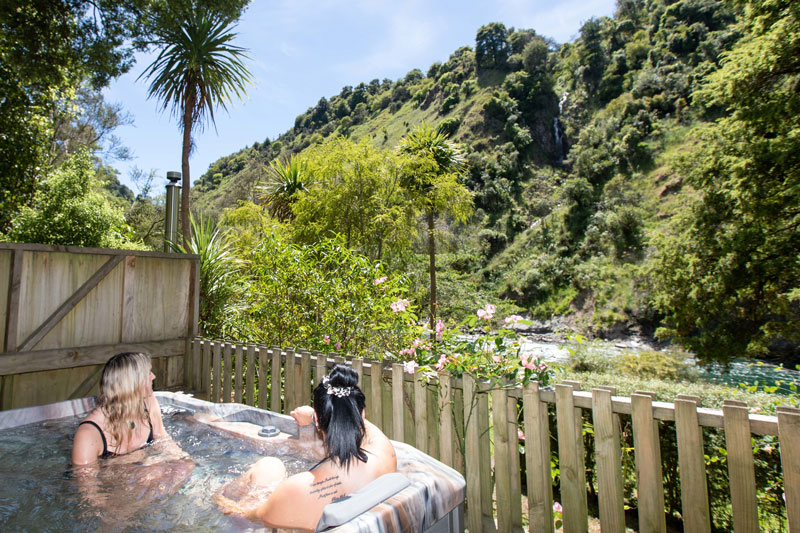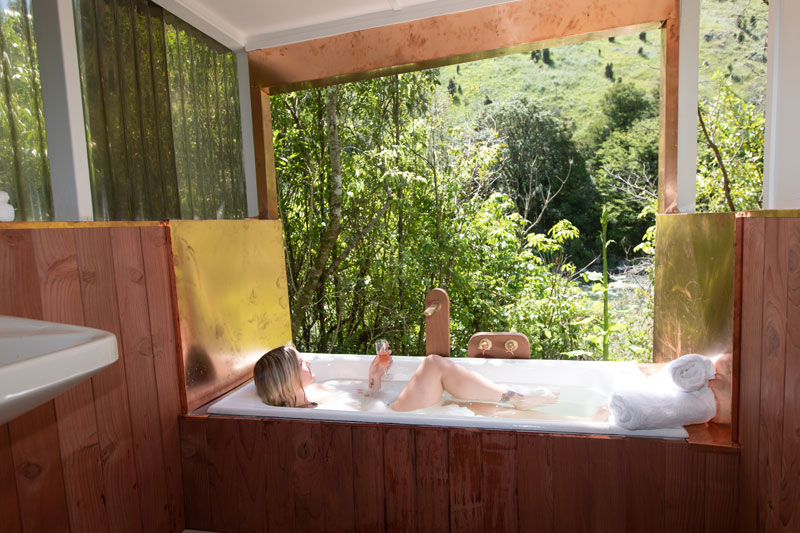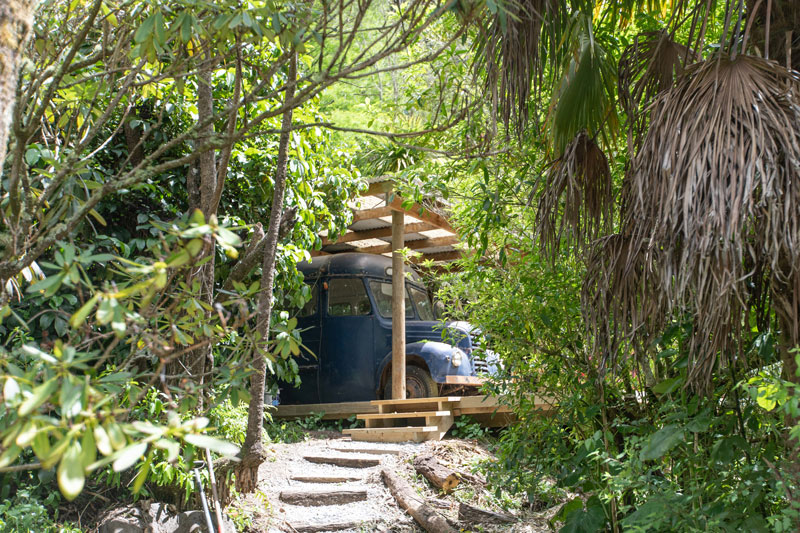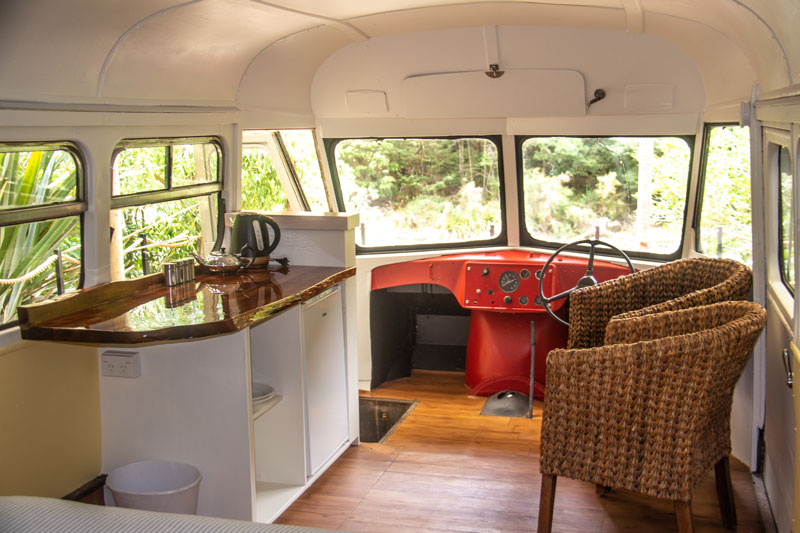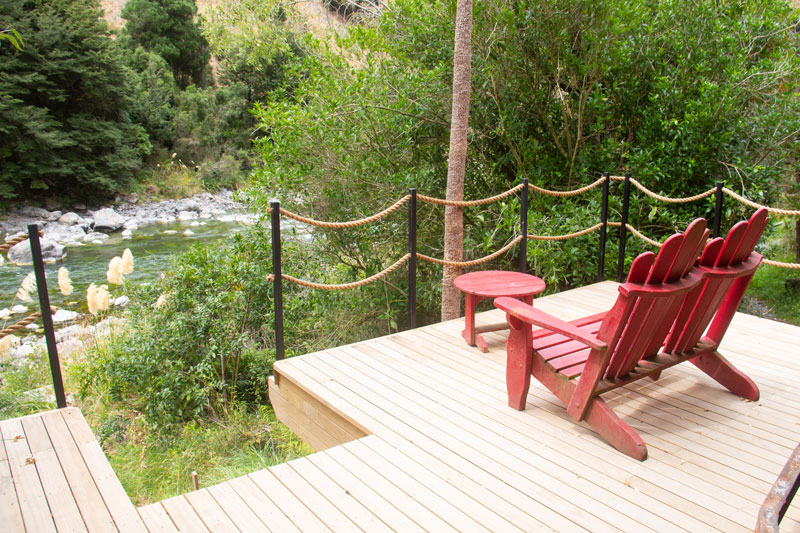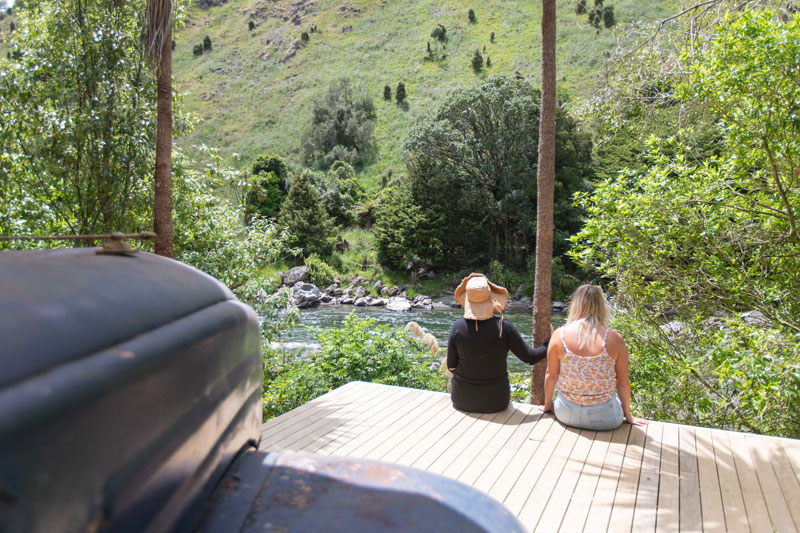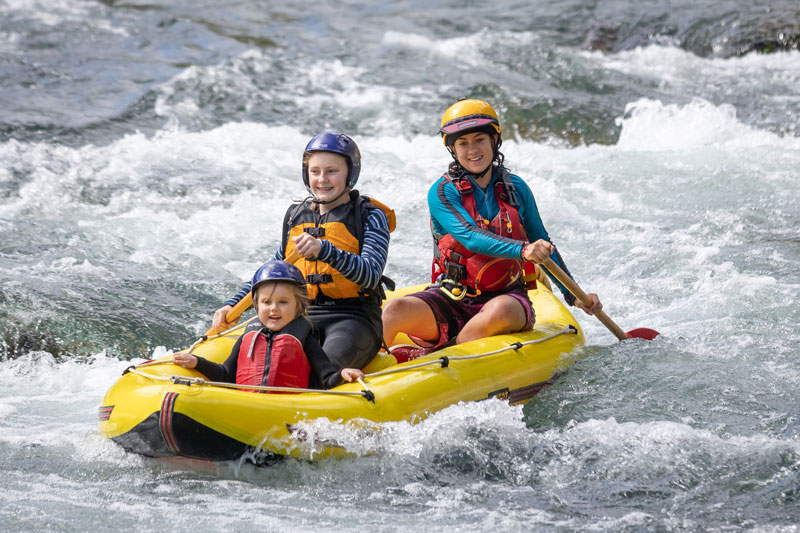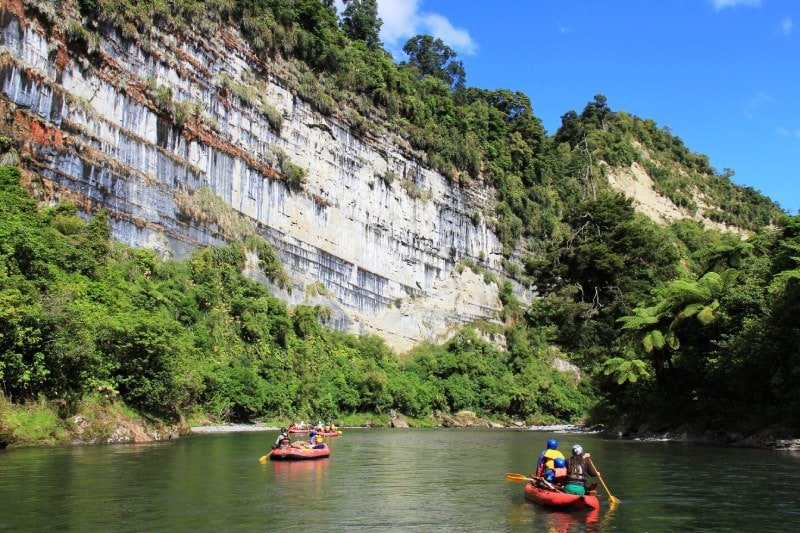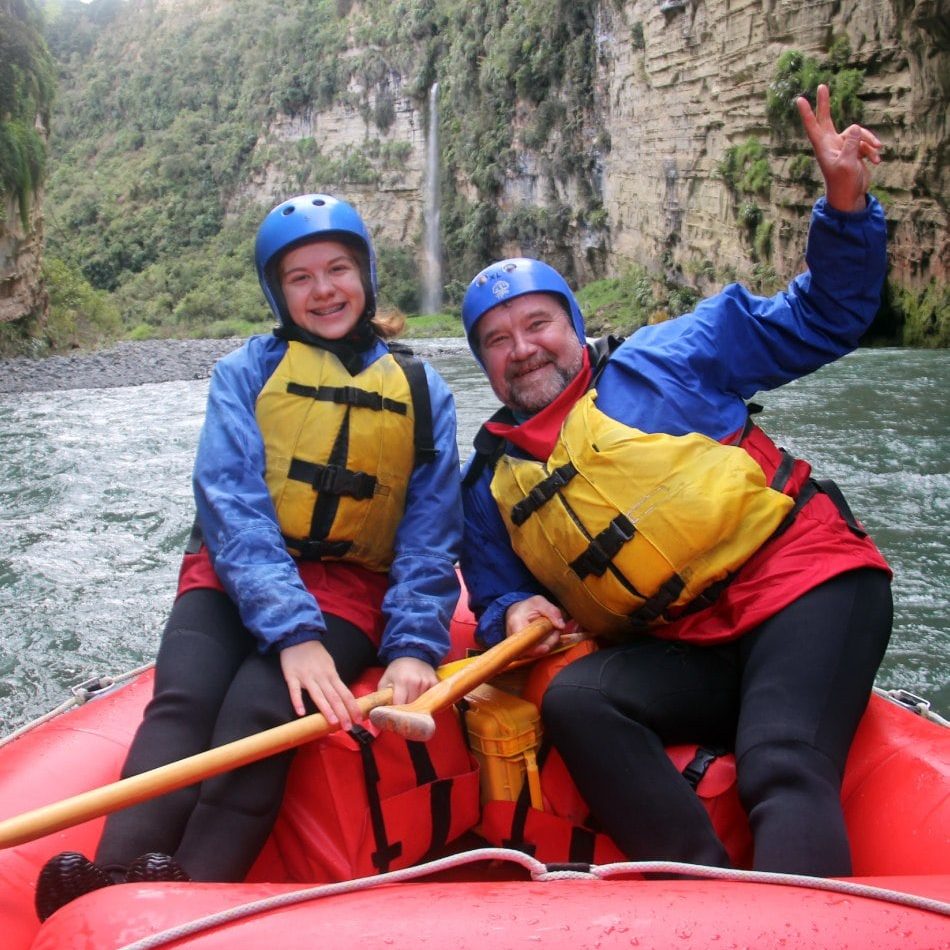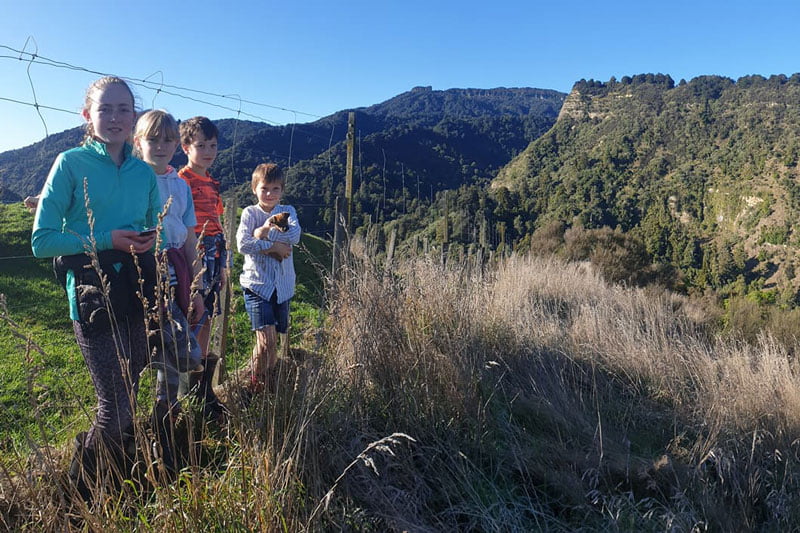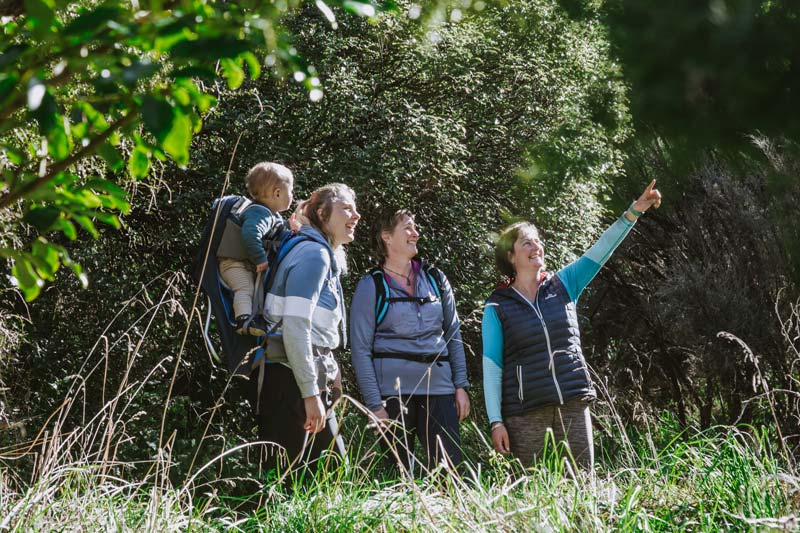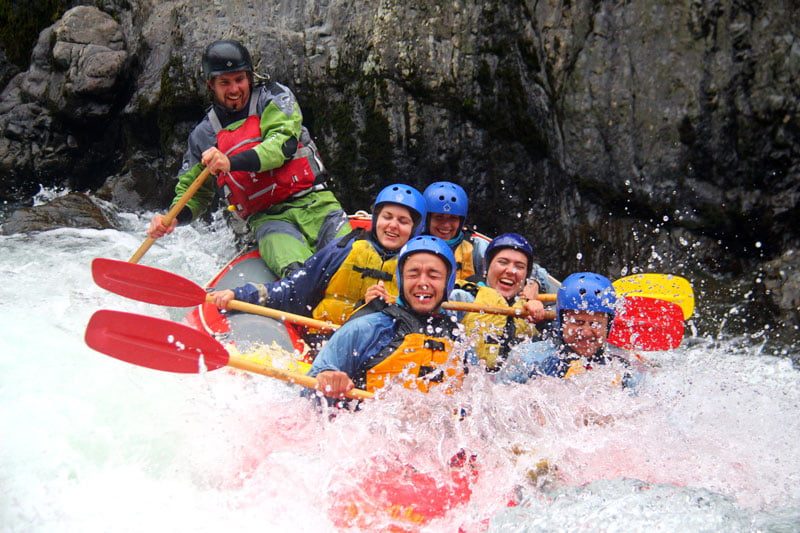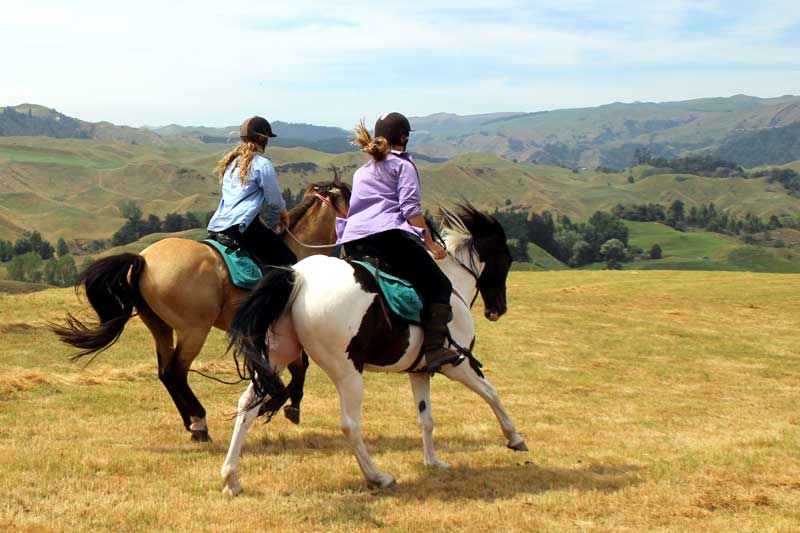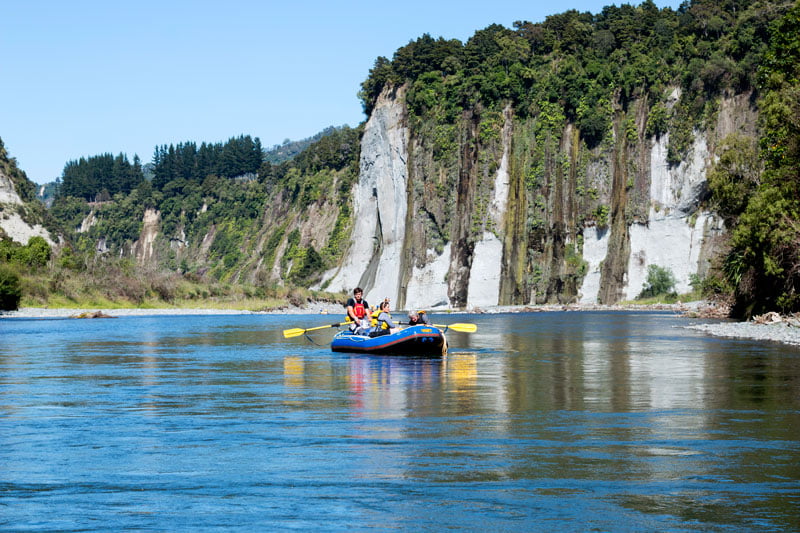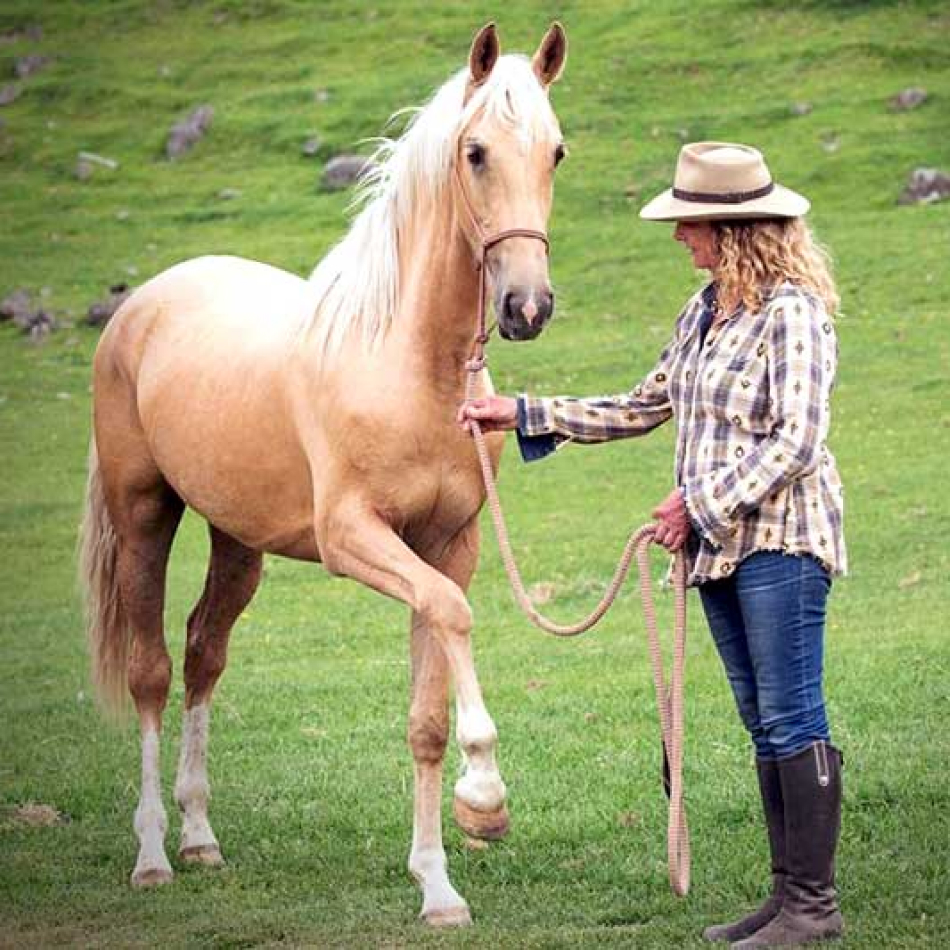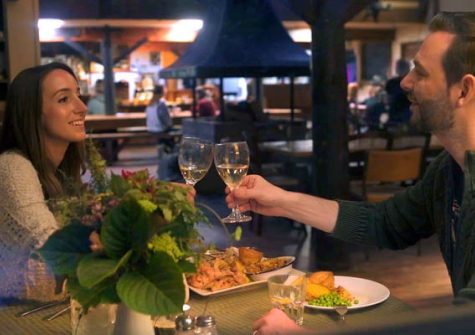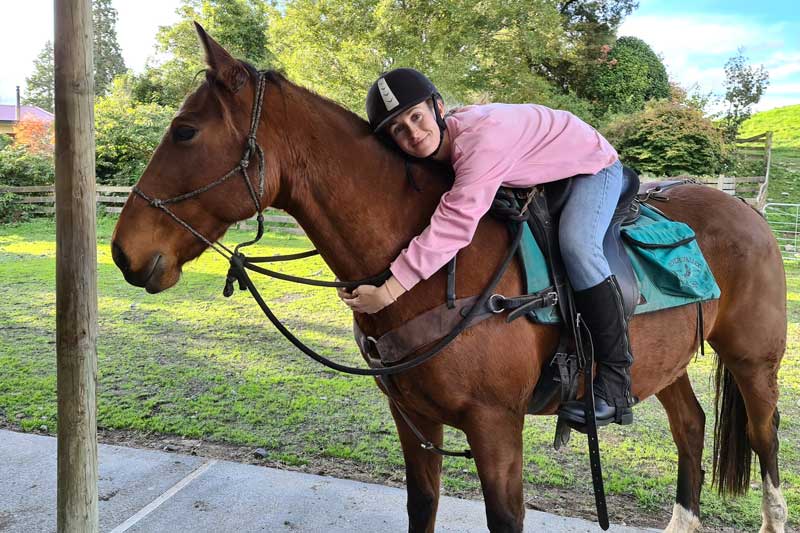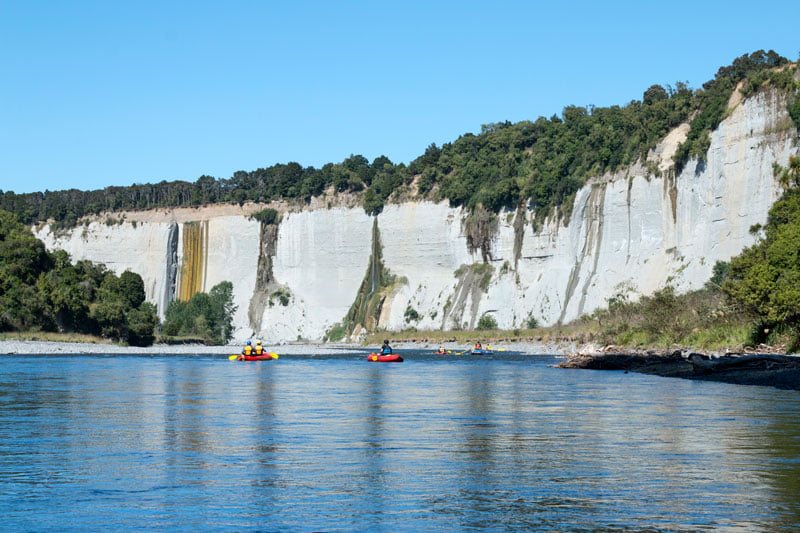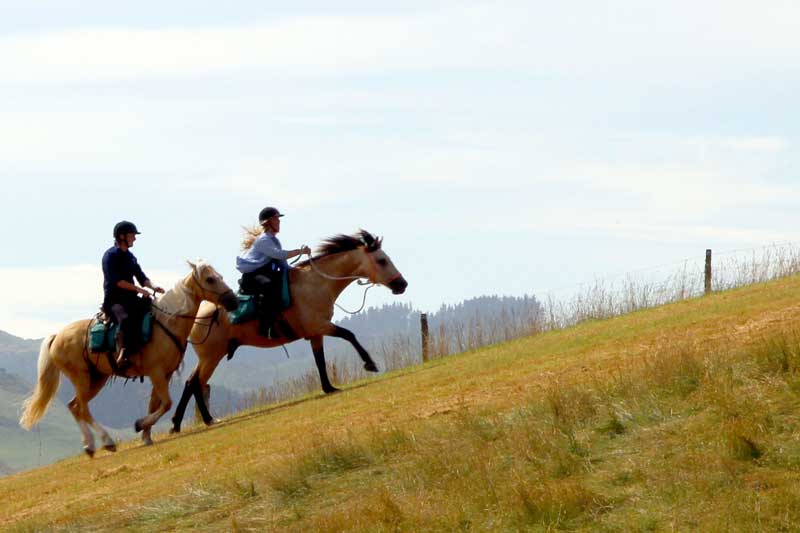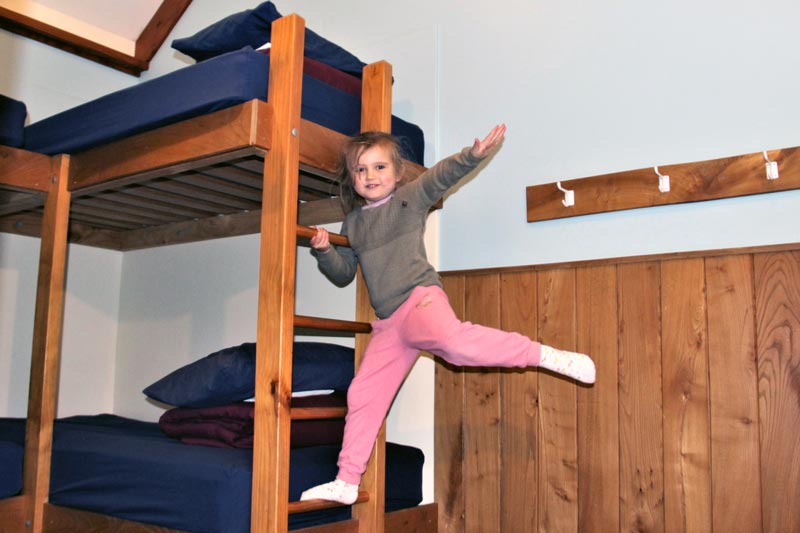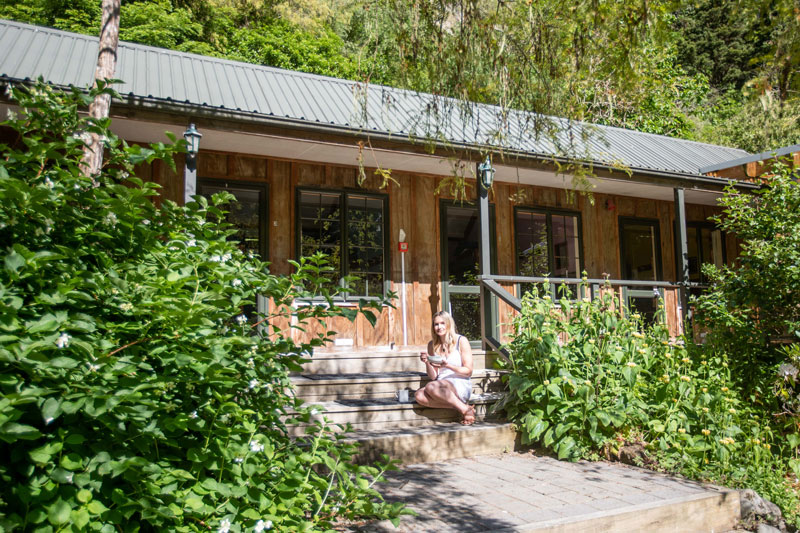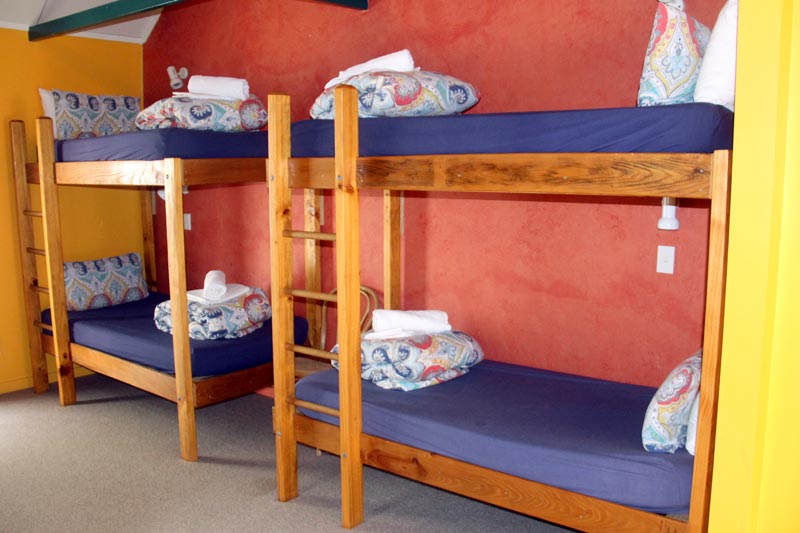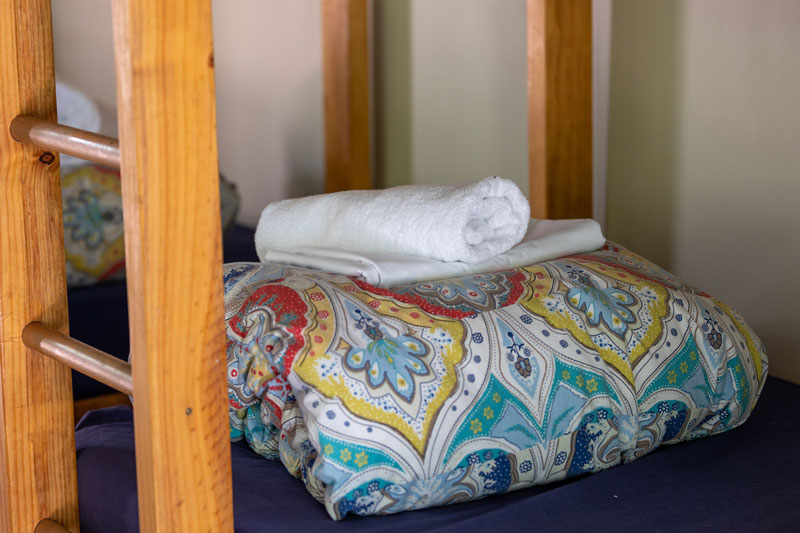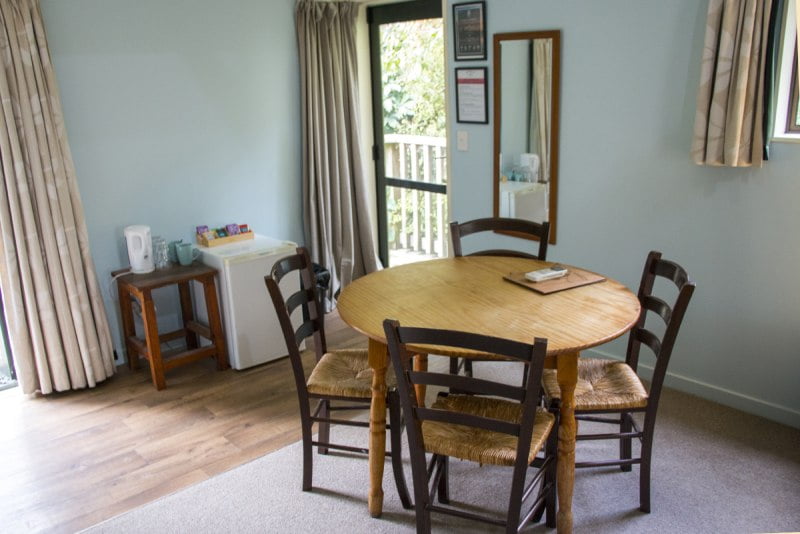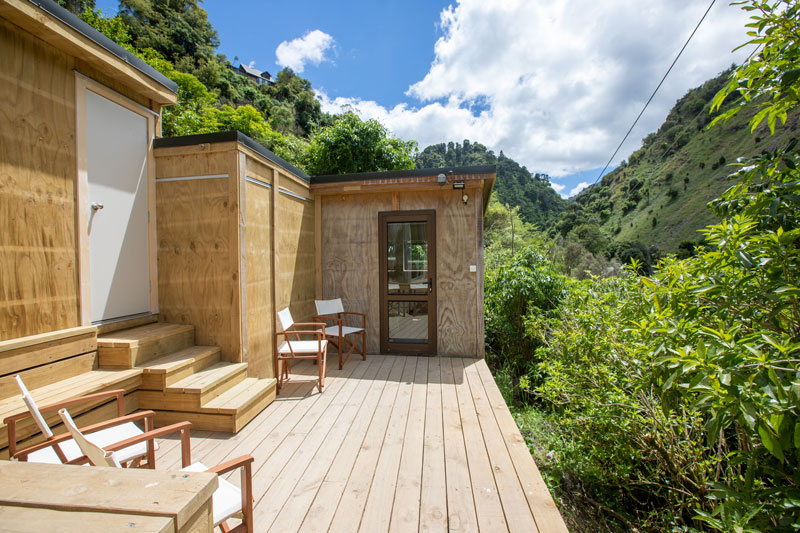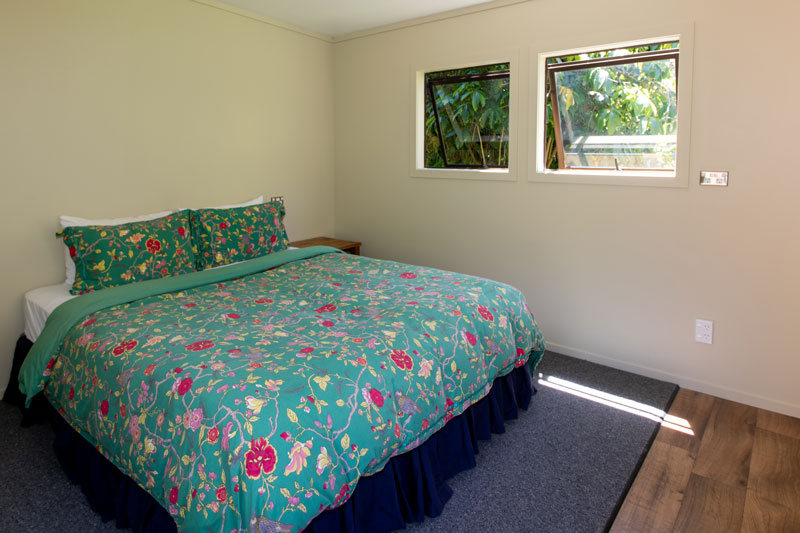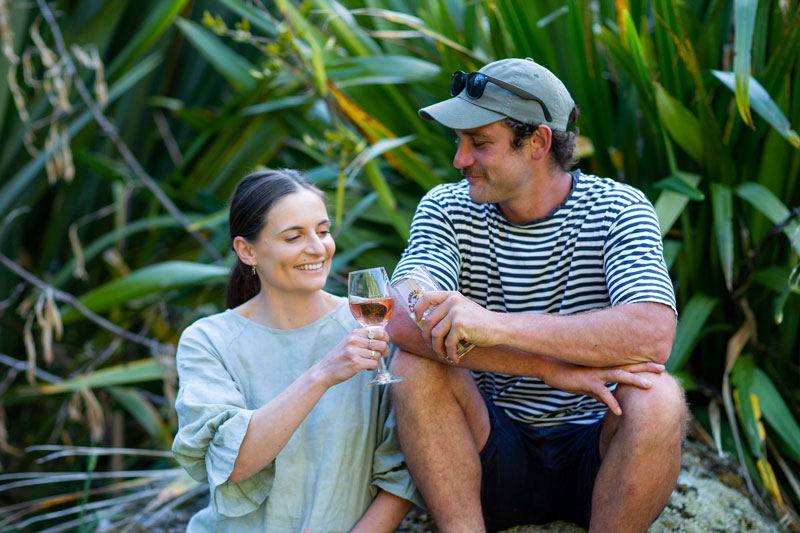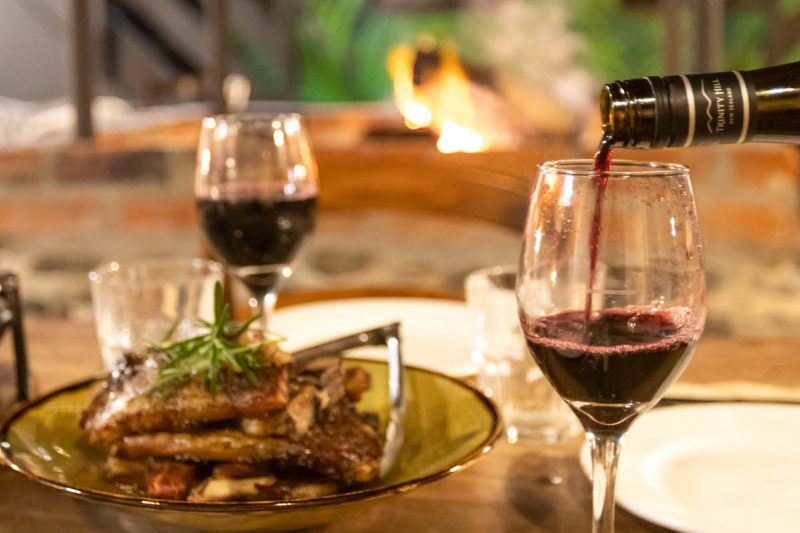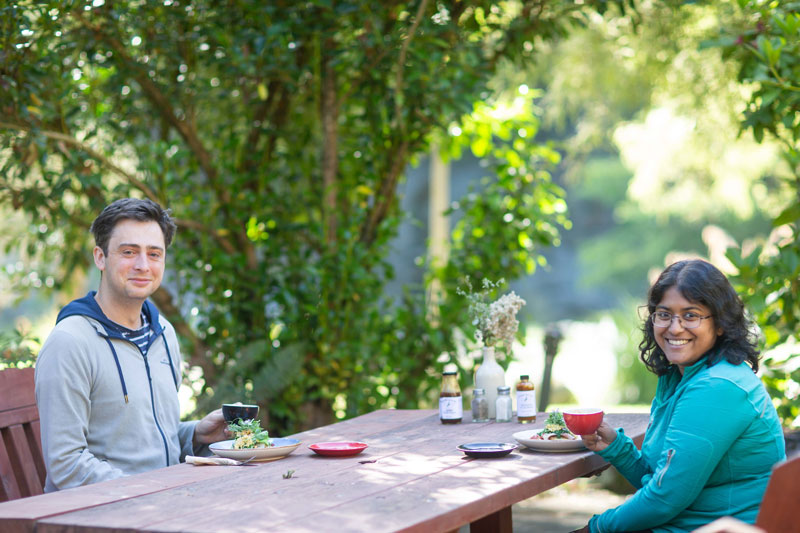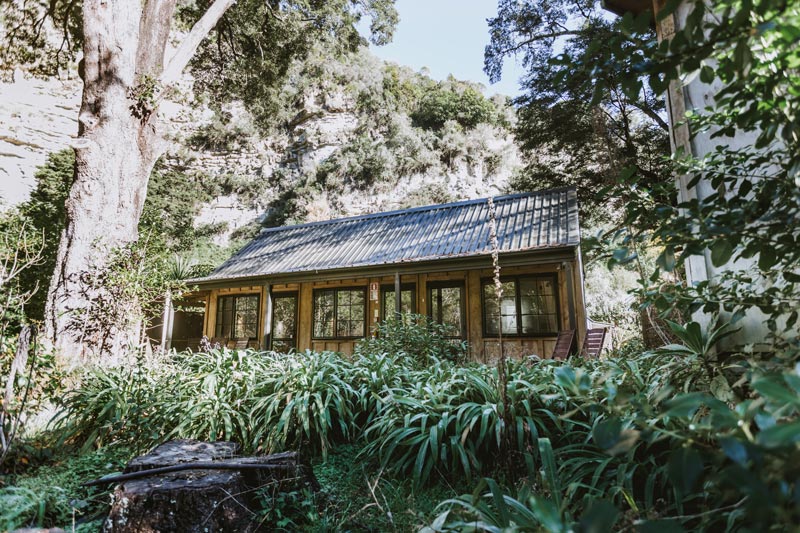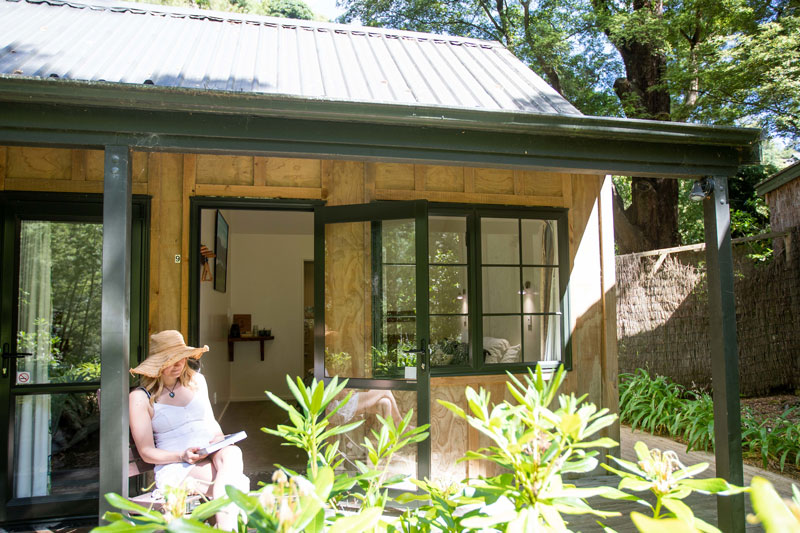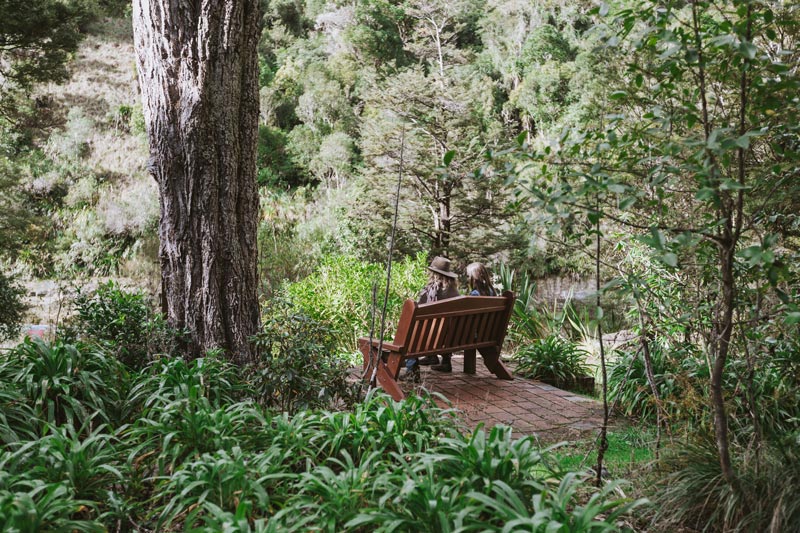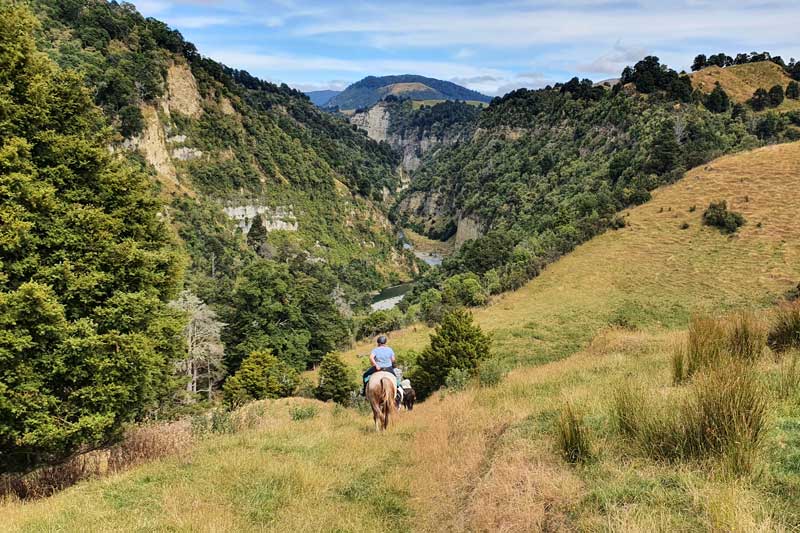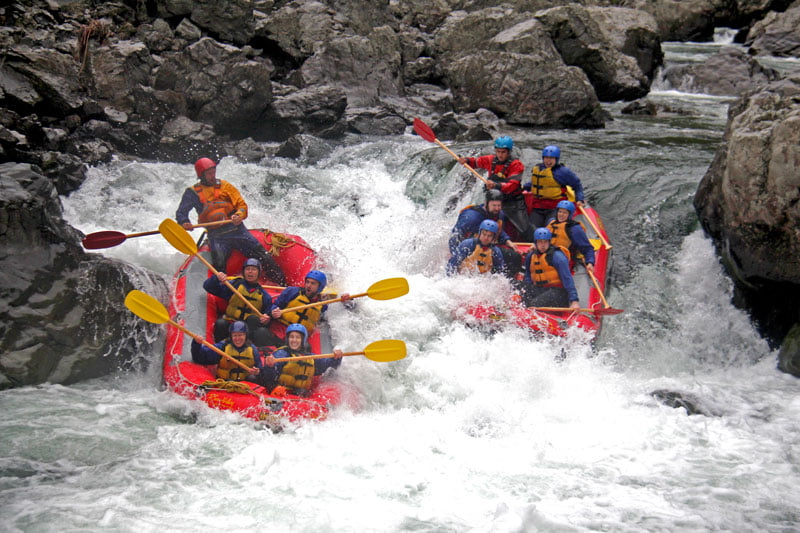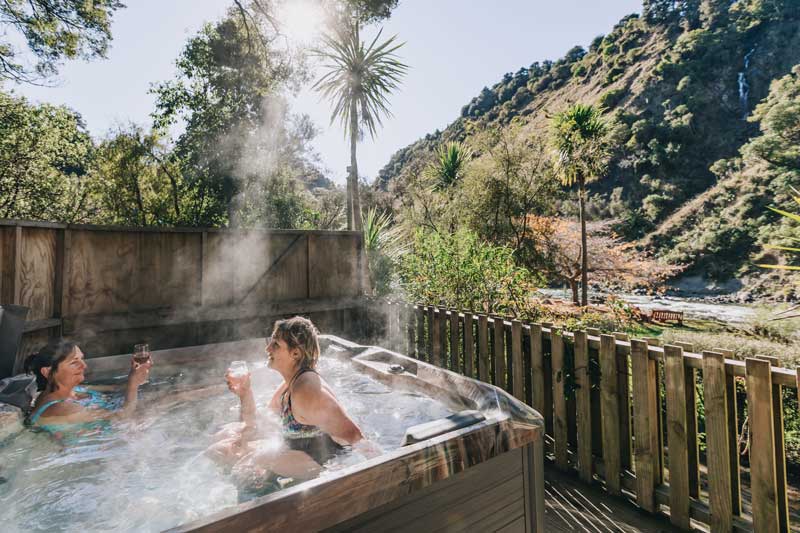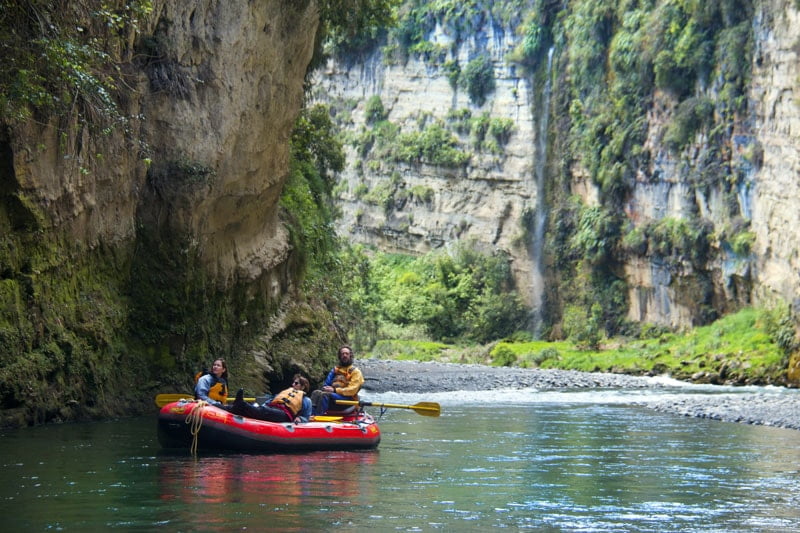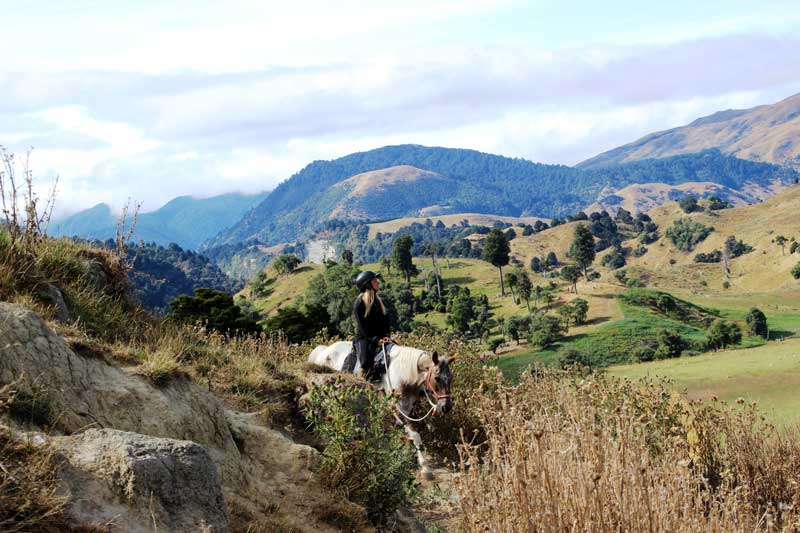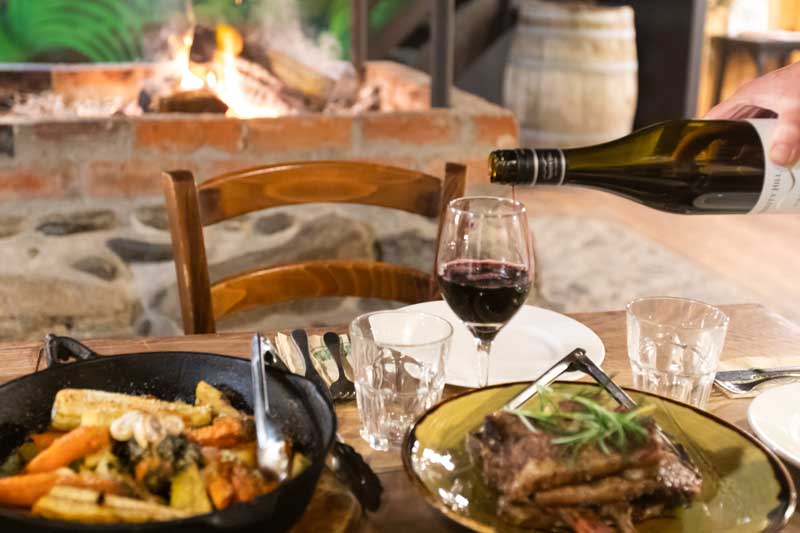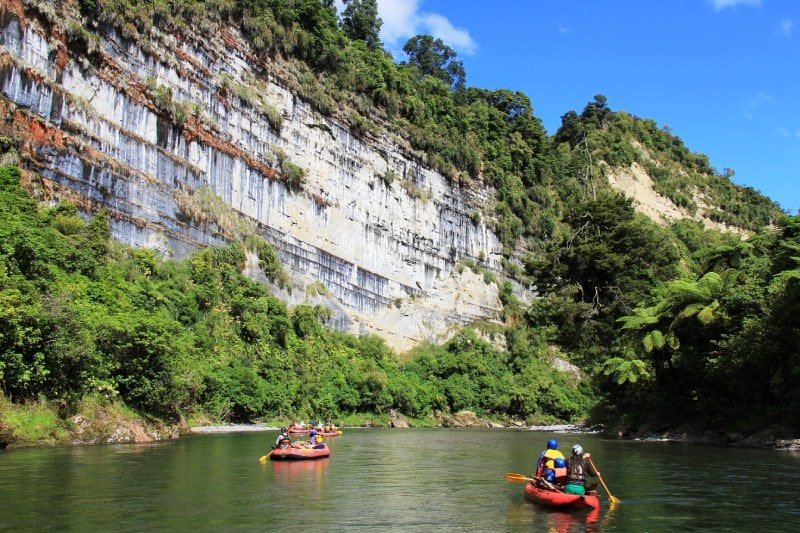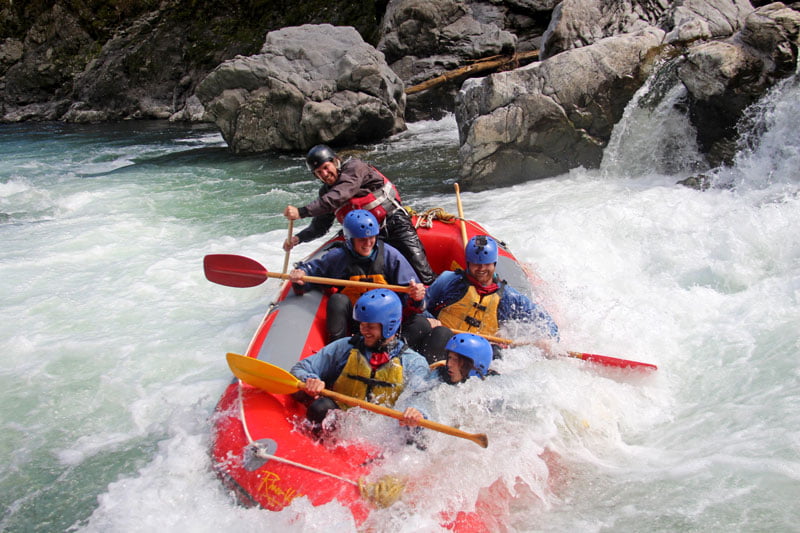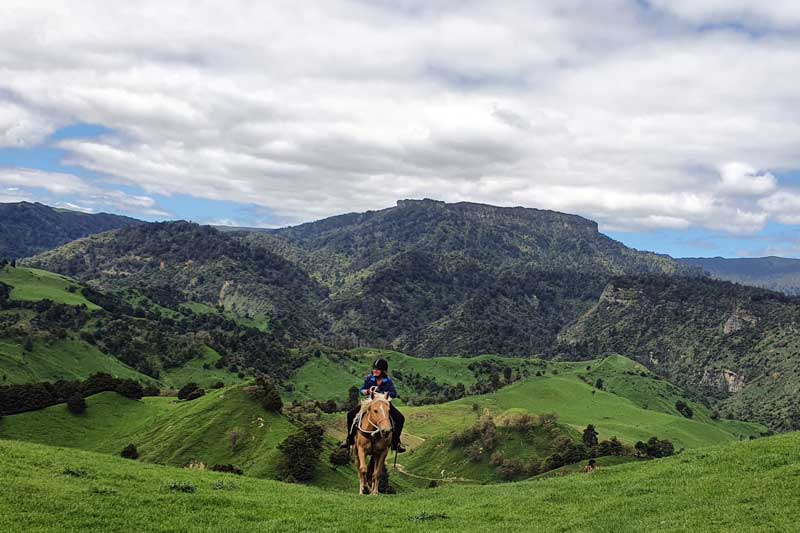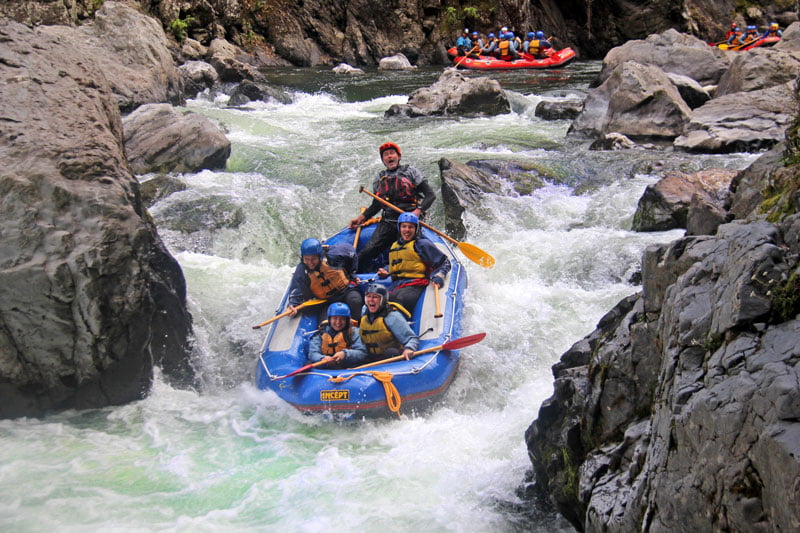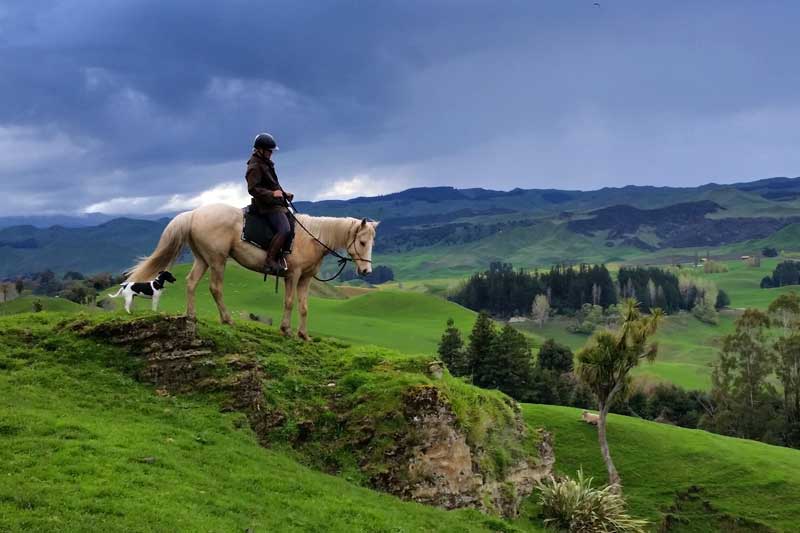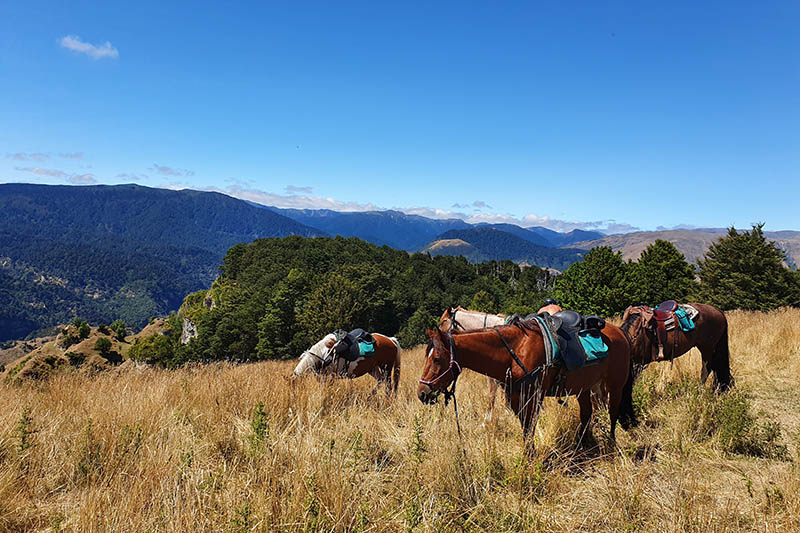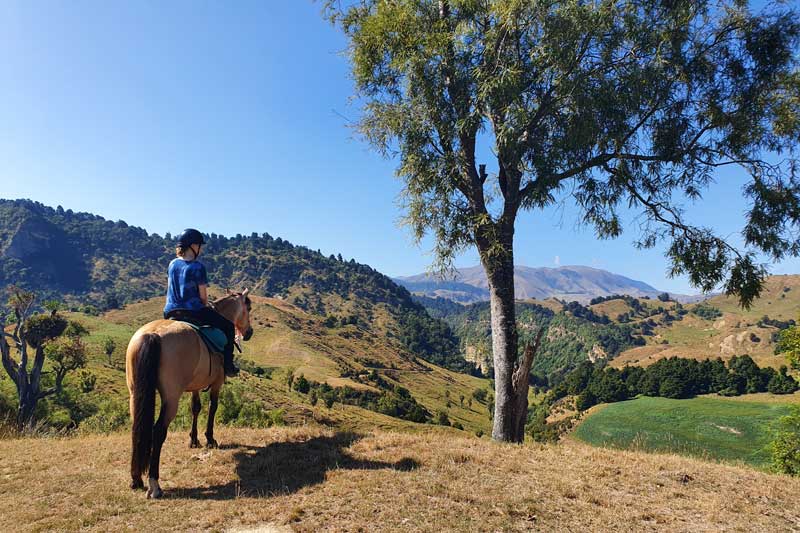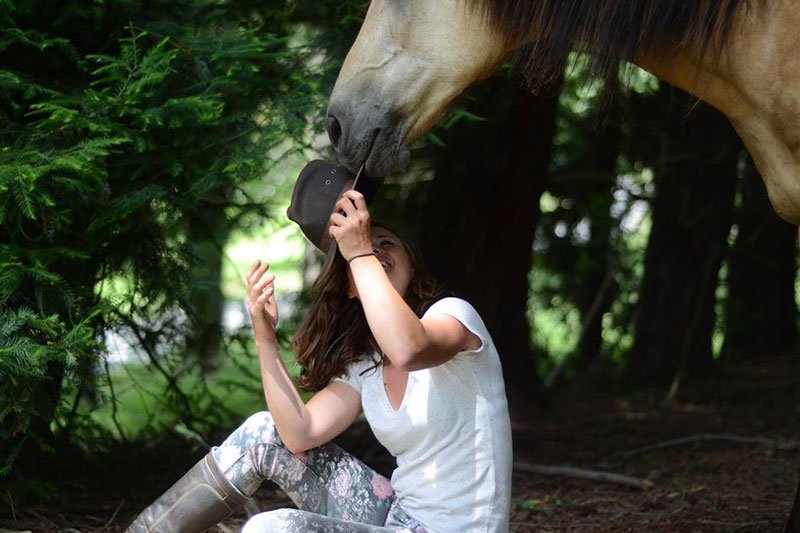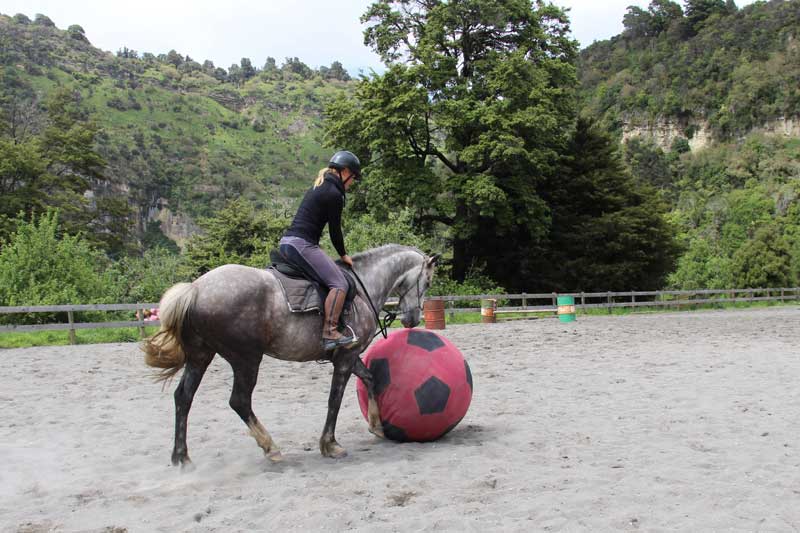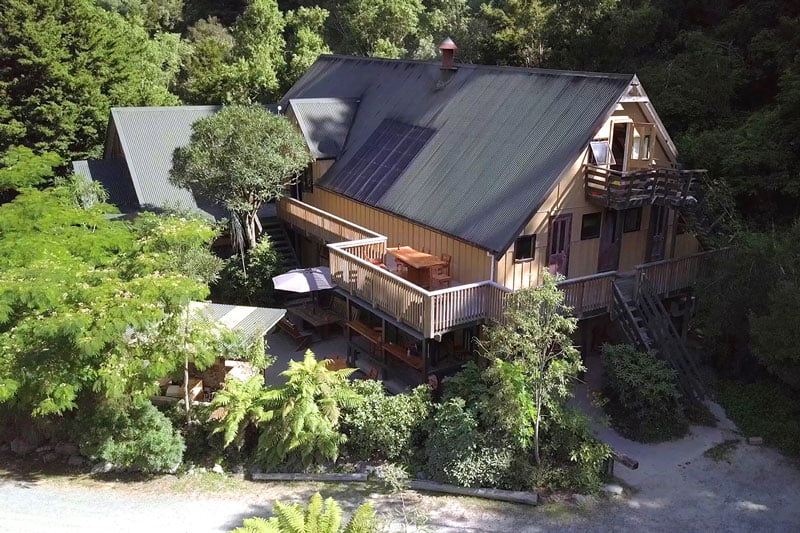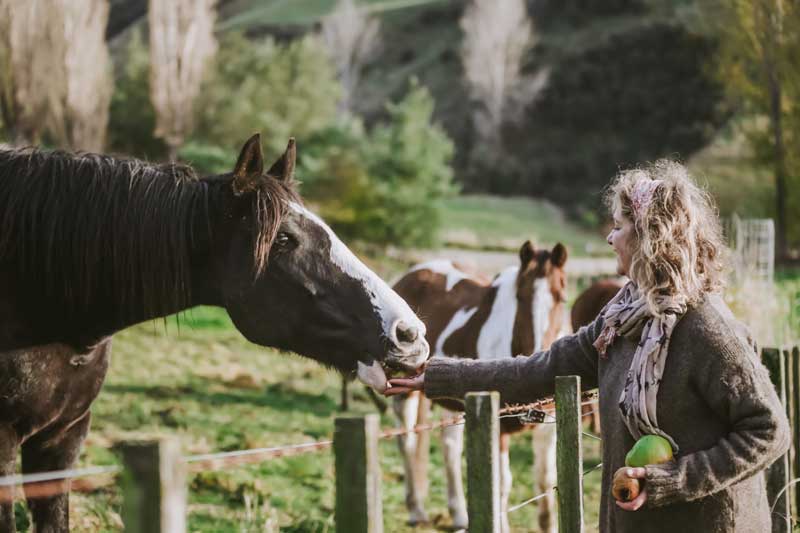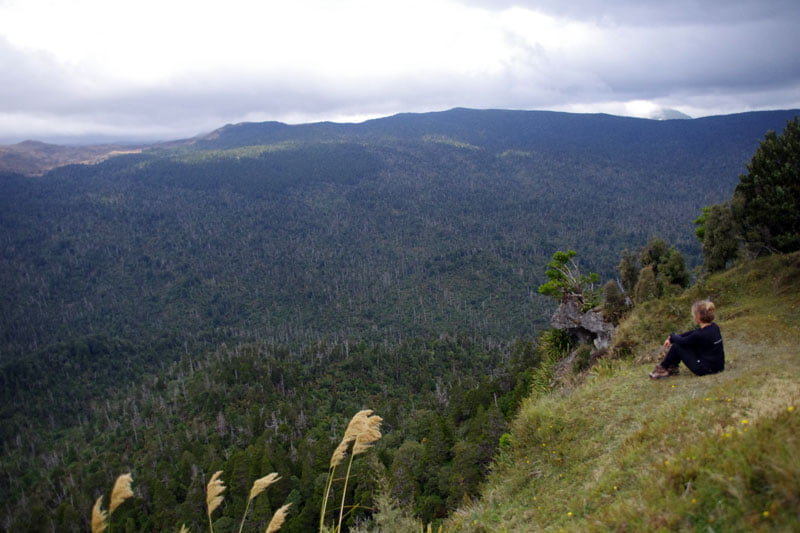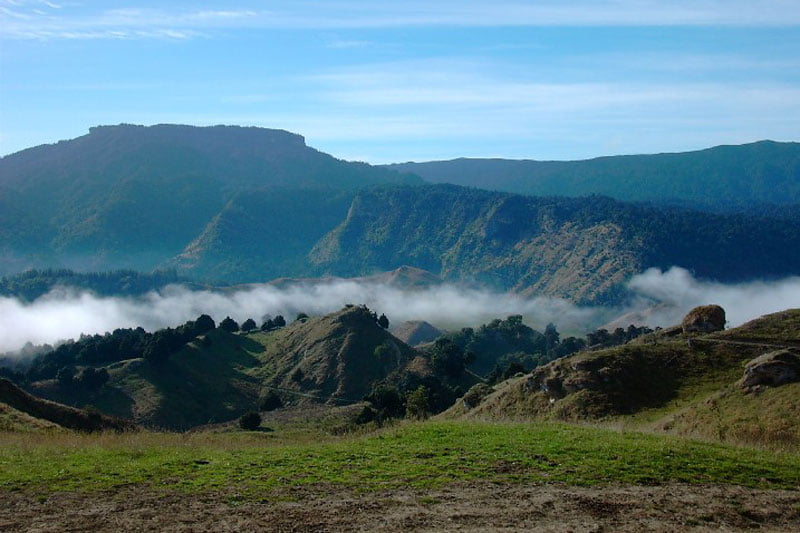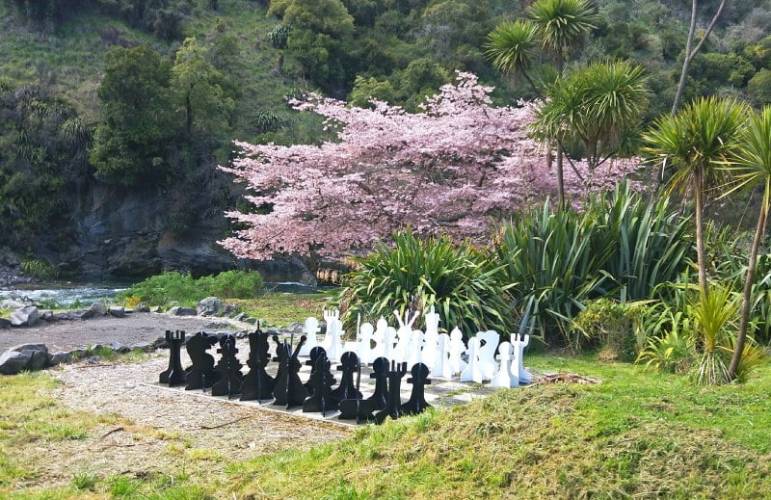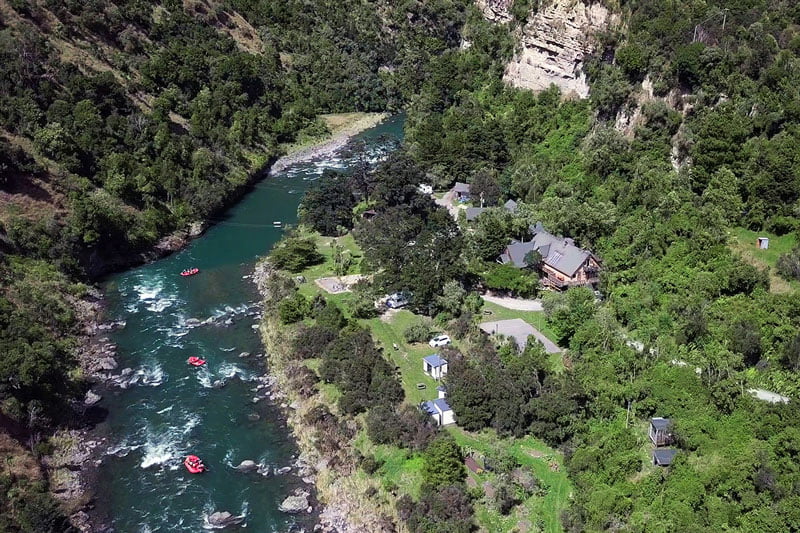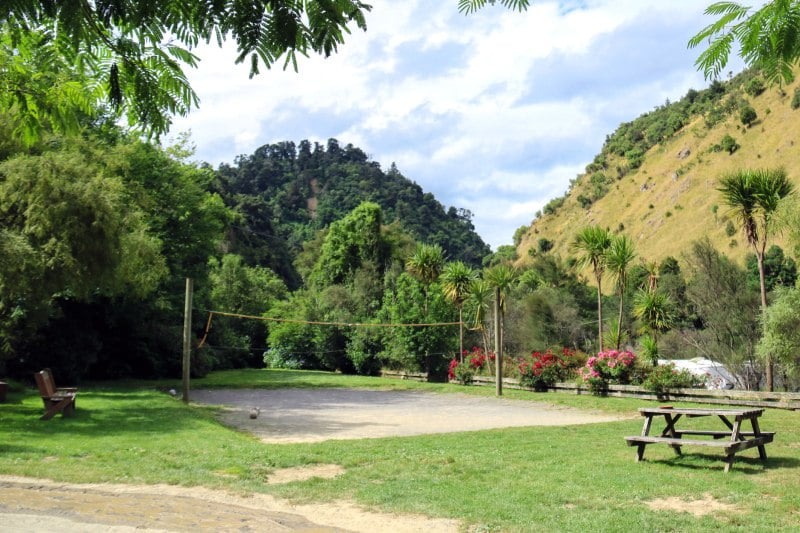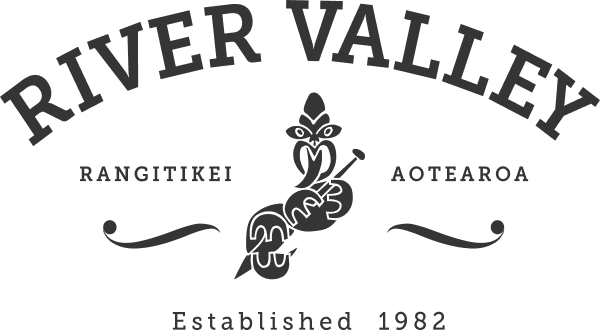Life Returns
The neighbours look over the fence with bemusement and shake their heads. They wonder what on earth we are doing, and why shouldn’t they wonder.
The grass is long in our paddocks, in some places almost going to seed, while the horse herd tramples as much grass in each electric fenced daily break as they actually eat. Not only that, but a mere 24 hours after going into the current break, they get a new one!
Each day they don’t even eat all the offerings, leaving behind standing grass and trampled pasture. This is such a contrast to what happens over the boundary fence where full scale conventional agriculture is taking place. There, the grass is short and mown like a lawn by herds of hungry mouths.
Like a Lawn, and Tidy
What is more, over the fence is “tidy”, especially when you have been conditioned to see this as normal and right. The aim is to keep all that green grass “under control”.
But does nature do this sort of control? Not that I have ever seen.
This spring and summer we are into our third year of utilising the management tool of Holistic Planned Grazing.
As its name implies, this management tool is about looking at what we do on our land in a holistic fashion. That is how our actions with managing grass, horses and grazing, effects all the life on the property, and even extends to how the land retains water.
Going in this direction is also in line with our policy of natural horse training, no steel shoes on horses feet, and no steel bits in their mouths.
Life Returns
Nicola, my wife and Operational Manager for River Valley Stables, shares with me how she cannot get over the amount and variety of life when she walks through the long pasture. Caterpillars attaching themselves to her legs, flying insects floating in the warm spring air, myriad frogs croaking in the dam.
Birds that we have seldom seen before are starting to make more regular appearances, small flocks of native Kereru, White Faced Herons, Welcome Swallows and a bird that has not been seen here for decades, the Californian Quail.
The pastures themselves are no longer predominately ryegrass and clover, rather they are a true salad bar of grasses, herbs, forbs, and yes a few species of weeds. In times past I would have been rushing for my spray pack to get rid of those weeds, but now I find that as the land heals and becomes more healthy, they tend to disappear of their own accord.
This Is Not What You Do With Horses
Traditionally horses in this hill country are kept on short pastures and rotated to fresh pastures at irregular intervals.
Contrast this with the River Valley Stables team who each day go into a fresh break of tall grasses. Grasses almost up to their bellies.
We are told that we will have behavioural issues and all sorts of other health issues. But so far this is not what we are finding at all. Rather, Nicola tells me that for the most part the members of the herd are more settled than normal, while there have been no health issues.
The Mind Adjustment
Until you make a change, have a mind adjustment, you often do not realise how locked in your thinking is to a certain way of doing things. For instance, I still have a strong desire to put the mower on the tractor to “tidy” things up.
Nature does not “tidy up”. In fact tidying up the pastures is a purely human idea.
Working With Nature
It is only when you start down a different path, such as using a tool like Holistic Planned Grazing, that you realise how for the most part conventional agriculture is in a constant battle with nature. You only need to look at the ever increasing quantities of herbicides, pesticides and artificial fertilisers that are poured on to the land to realise that.
Having been down that path, admittedly on a relatively small scale, I cannot share enough the feelings of wonder, joy and yes, excitement that I now feel when I see how life is returning to the land at River Valley Stables.
Nature does in fact know best.
Brian Megaw
